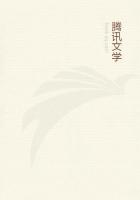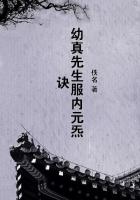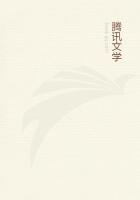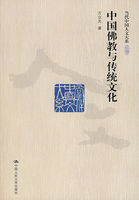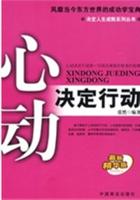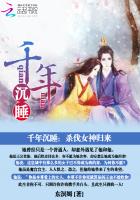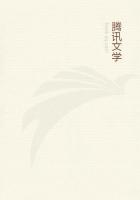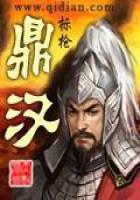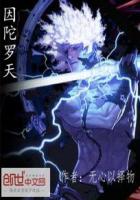DESTRUCTION.
I.
Two principal vices of the ancient régime. - Two principal reforms proposed by the King and the privileged classes. - They suffice for actual needs. - Impracticable if carried further.
In the structure of the old society there were two fundamental vices which called for two reforms of corresponding importance.[1]
In the first place, those who were privileged having ceased to render the services for which the advantages they enjoyed constituted their compensation and their privileges were no longer anything but a gratuitous charge imposed on one portion of the nation for the benefit of the other. Hence the necessity for suppressing them.
In the second place, the Government, being absolute, made use of public resources as if they were its own private property, arbitrarily and wastefully;[2] it was therefore necessary to impose upon it some effective and regular restraints.
To render all citizens equal before taxation, to put the purse of the tax-payers into the hands of their representatives, such was the twofold operation to be carried out in 1789; and the privileged class as well as the King willingly lent themselves to it. Not only, in this respect, were the memorials of nobles and clergy in perfect harmony, but the monarch himself; in his declaration of the 23rd of June, 1789, decreed the two articles. Henceforth, every tax or loan was to obtain the consent of the States-General; this consent was to be renewed at each new meeting of the States; the public estimates were to be annually published, discussed, specified, apportioned, voted on and verified by the States; there were to be no arbitrary assessments or use of public funds;allowances were to be specially assigned for all separate services, the household of the King included. In each province or district-general, there was to be an elected Provincial Assembly, one-half composed of ecclesiastics and nobles, and the other half of members of the Third-Estate, to apportion general taxes, to manage local affairs, to decree and direct public works, to administer hospitals, prisons, workhouses, and to continue its function, in the interval of the sessions, through an intermediary commission chosen by itself; so that, besides the principal control of the center, there were to be thirty subordinate controlling powers at the extremities.
There was to be no more exemption or distinction in the matter of taxation; the roadtax (covée) was to be abolished, also the right of franc-fief[3] imposed on plebeians; the rights of mortmain,[4]
subject to indemnity, and internal customs duties. There was to be a reduction of the captaincies, a modification of the salt-tax and of the excise, the transformation of civil justice, too costly for the poor, and of criminal justice, too severe for the humbler classes. Here we have, besides the principal reform, equalization of taxes; the beginning and inducement of the more complete operation which is to strike off the last of the feudal manacles.
Moreover; six weeks later, on the 4th of August; the privileged, in an outburst of generosity, come forward of their own accord to cut off or undo the whole of them. This double reform thus encountered no obstacles, and, as Arthur Young reported to his friends, it merely required one vote to have it adopted.[5]
This was enough; for all real necessities were now satisfied. On the one hand, through the abolition of privileges in the matter of taxation, the burden of the peasant and, in general, on the small tax-payer was diminished one-half, and perhaps two thirds; instead of paying fifty-three francs on one hundred francs of net income, he paid no more than twenty-five or even sixteen;[6] an enormous relief, and one which, with the proposed revision of the excise and salt duties, made a complete change in his condition. Add to this the gradual redemption of ecclesiastical and feudal dues: and after twenty years the peasant, already proprietor of a fifth of the soil, would, without the violent events of the Revolution, in any case have attained the same degree of independence and well-being which he was to achieve by passing through it. On the other hand, through the annual vote on the taxes, not only were waste and arbitrariness in the employment of the public funds put a stop to, but also the foundations of the parliamentary system of government were laid:
whoever holds the purse-strings is, or becomes, master of the rest;henceforth in the maintenance or establishment of any service, the assent of the States was to be necessary. Now, in the three Chambers which the three orders were thenceforward to form, there were two in which the plebeians predominated. Public opinion, moreover, was on their side, while the King, the true constitutional monarch, far from possessing the imperious inflexibility of a despot, did not now possess the initiative of an ordinary person.

